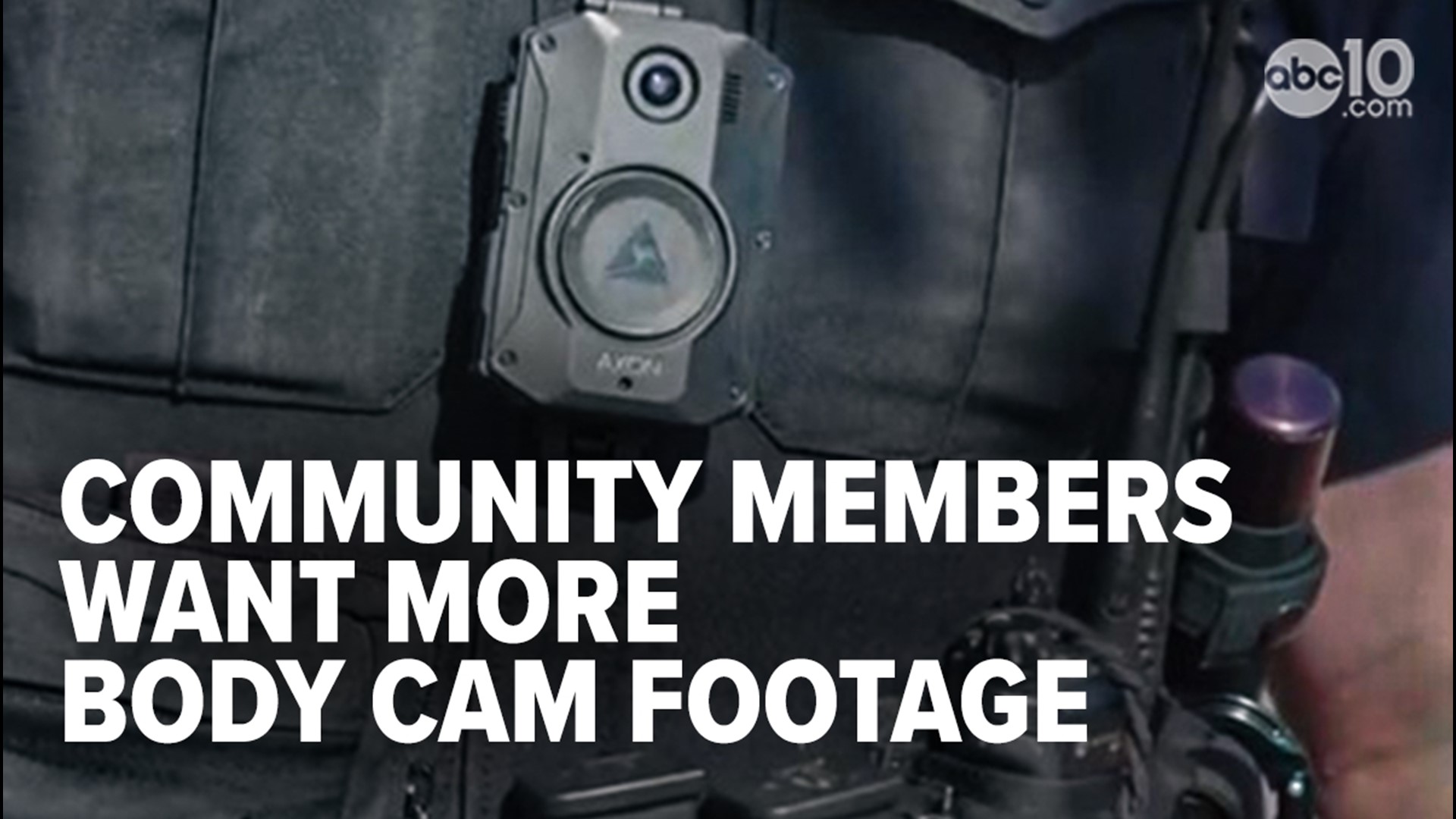SACRAMENTO, Calif. — The release of the Tyre Nichols video adds to the growing call for a change in culture among law enforcement.
ABC10 attended the Sacramento County Sheriff Training Academy Tuesday to see the safeguards in place when deciding who becomes a deputy. We also discuss procedures around body cameras.
Before becoming recruits, potential soon to be deputies go through extensive background checks, physical exams and psychiatric interview with a screening including hundreds of questions just to get into the classroom. Sergeant Amar Gandhi is the Public Information Officer for the department and also had to go through the screening.
“They want to see how you’ll adapt to stress they want to see how different aspects of your life translate into the career,” said Gandhi, noting there is a high success rate but “there is a good amount [of people] that don’t even make it past the first day."
The Sacramento County Sheriff’s Department says conversations were had at every level about the Tyre Nichols body camera footage.
In terms of safeguards there are multiple levels of supervision for ever member of the department.
But also, body cameras.
The department was one of the last agencies in the area to use them. Their policy is to have the camera on for all incidents except when it might affect privacy for example: sexual assault victims.
“There might be some misconception that police are scared of body cameras that the sheriff’s department is scared of body cameras and that’s quite frankly not the case on the line because it helps us far more than it can hurt us,” said Gandhi.
Activists like Berry Accius say there have been several incidents involving the Sacramento Sheriff that they say could be clarified by releasing more body camera video.
"There's a lot of people right now currently just here in Sacramento, that haven't got any bit of comfort, or resolve in their issues,” said Accius.
Gandhi believes the Memphis incident, where five officers fatally beat Tyre Nichols, did not put more pressure on their department to be any more or less transparent.
“I think we’ve done a good job with it and we will continue to do so,” he said.
Accius says that simply having body camera’s is not enough but more needs to change when it comes to choosing the right people for the job.
“For folks that put on a badge, that they will honor that badge and truly protect and serve, not hunt and kill anyone, whether it's black or white. I think that until we recognize the systematic issues of what we're dealing with and what we're facing — in not only our communities — but in law enforcement, we're going to continue to be here over and over again,” said Accius.



















